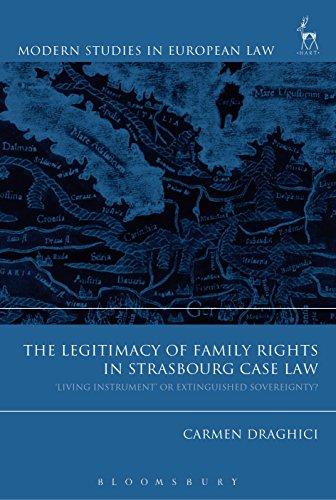Question
THIS TYPES OF AN ESSENTIAL QUETSION REQUIRES PROPER ANALYSIS Between mass and energy, energy is the more fundamental property. In fact, modern physicists just consider
THIS TYPES OF AN ESSENTIAL QUETSION REQUIRES PROPER ANALYSIS
Between mass and energy, energy is the more fundamental property. In fact, modern physicists just consider mass an alternate form of energy. For this reason, they don't usually call it the "Law of Conservation of Mass/Energy" but rather call it the "Law of Conservation of Energy" with the implication that this statement includes mass.
In nuclear reactions (changes to the nucleus of atoms), there is enough energy released or absorbed that the change in mass is significant and must be accounted for. In contrast, chemical reactions (changes to only the electrons in atoms) release or absorb very little energy compared to nuclear reactions, so the change in mass of the system is often so small that it can be ignored. As a reasonable approximation only, therefore, chemists often speak of the conservation of mass and use it to balance equations. But strictly speaking, the change in mass of the system during a chemical reaction, though small, is never zero. If the change in mass were exactly zero, there would be no where for the energy to come from. Chemists like to speak of "chemical potential energy" and talk as if the energy released in a reaction comes from the potential energy. But "chemical potential energy" is just an old-fashioned term for what we now know is mass. Fundamentally, when chemists say "potential energy" they mean "mass". There is not some bucket of potential energy in an atom from which a reaction can draw. There is just mass.
The loss (or gain) of mass during all reactions, whether chemical or nuclear, is very well established and has been confirmed experimentally.
QUETSIONS
Question 1
What is your understanding of the overshoot number? propose its value
Question 2
Critique the analysis that as more and modes are retained, the overshoot near discontinuity vanishes
Question 3
Elaborate on the fourier convergence theorem?
Question 4
State the condition that must hold for the convergence theorem of Fourier to be applicable
Question 5
When a continuous function is synthesized by using the first N terms of the fourier series does the gibbs phenomenon occur?Critique
Question 6
What?elaborate
Question 7
Describe how gibbs phenomenon happens in an event of points of discontinuity
Question 8
When is the gibbs phenomenon present in a signal x(t)?
question 9
Provide well explained answers
question 10
Provide scholarly articles and references
Step by Step Solution
There are 3 Steps involved in it
Step: 1

Get Instant Access to Expert-Tailored Solutions
See step-by-step solutions with expert insights and AI powered tools for academic success
Step: 2

Step: 3

Ace Your Homework with AI
Get the answers you need in no time with our AI-driven, step-by-step assistance
Get Started


